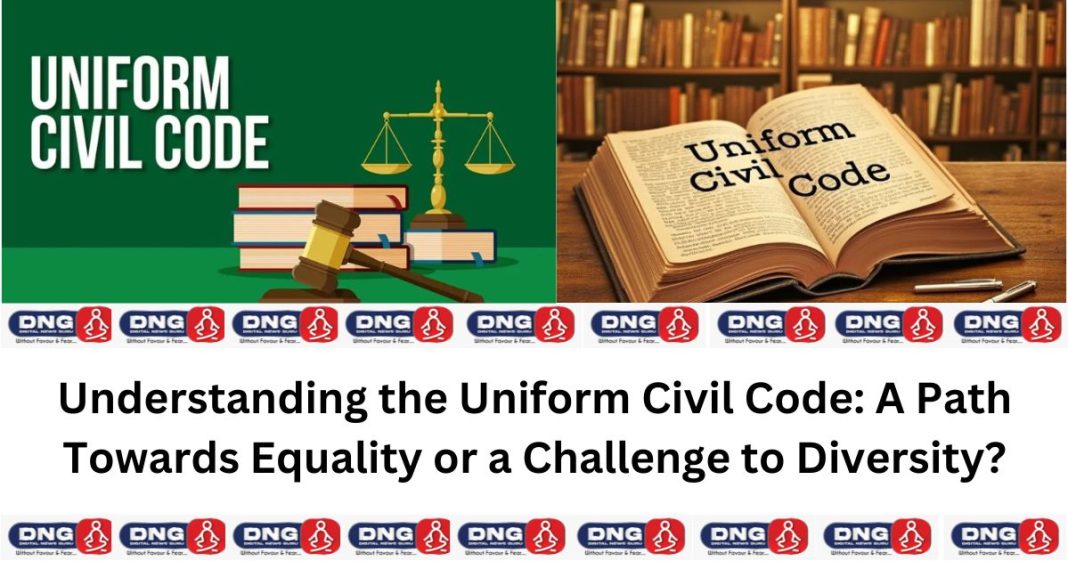DIGITAL NEWS GURU NATIONAL DESK :-
Understanding the Uniform Civil Code: A Path Towards Equality or a Challenge to Diversity?
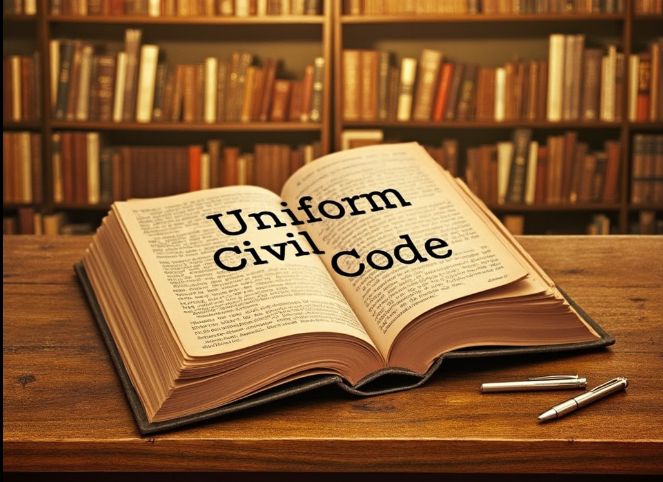
The Uniform Civil Code (UCC) is a proposal to replace India’s personal laws, which are currently based on the religious scriptures and customs of various communities, with a common set of laws governing every citizen. The UCC aims to unify personal laws related to marriage, divorce, inheritance, adoption, and maintenance, ensuring equal rights and justice for all, irrespective of religion, caste, or gender.
The idea of a UCC is rooted in the concept of legal uniformity, which is seen as essential for upholding the principles of equality enshrined in the Indian Constitution.
Historical Context and Constitutional Basis:
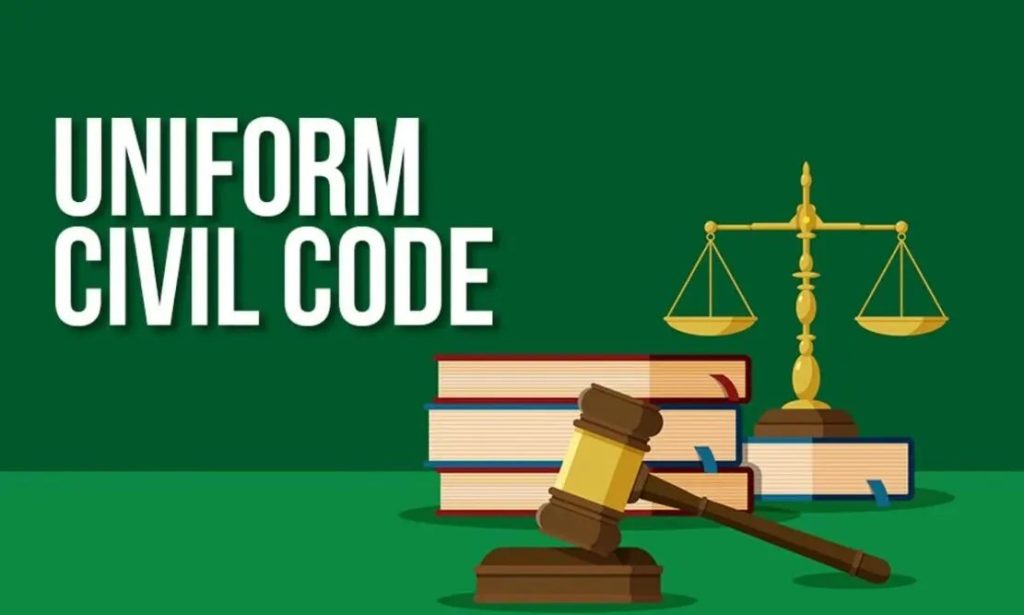
The concept of a Uniform Civil Code is not new; it has been part of the Indian political discourse for decades. The demand for a UCC dates back to the colonial era when British India had a mix of laws based on religion, particularly in matters of family and inheritance.
The British administration chose to retain these separate personal laws, which they considered crucial for maintaining social harmony among India’s diverse population.
However, during the drafting of the Indian Constitution, the framers recognized the need for a common civil code to ensure equality and national integration. This is reflected in Article 44 of the Directive Principles of State Policy, which states: “The State shall endeavor to secure for the citizens a uniform civil code throughout the territory of India.”
Although the Directive Principles are not enforceable by any court, they are meant to guide the government in making laws that reflect the spirit of justice, equality, and fraternity.
The Current Legal Framework:
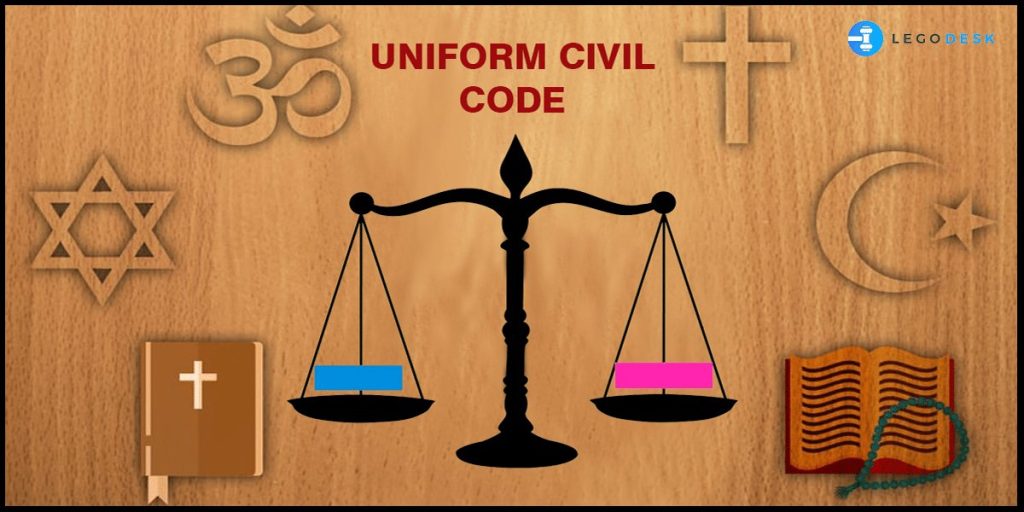
India’s current legal framework comprises various personal laws that apply differently to individuals based on their religion. For example:
- Hindu Personal Law: This governs Hindus, Buddhists, Jains, and Sikhs and includes laws related to marriage, divorce, adoption, and inheritance under the Hindu Marriage Act, 1955; the Hindu Succession Act, 1956; and other related legislation.
- Muslim Personal Law: Islamic law, or Sharia, governs the personal laws of Muslims in India. It covers marriage, divorce, maintenance, and inheritance, primarily through the Muslim Personal Law (Shariat) Application Act, 1937.
- Christian and Parsi Personal Laws: Christians are governed by laws like the Indian Christian Marriage Act, 1872, and the Indian Divorce Act, 1869. Parsis are governed by the Parsi Marriage and Divorce Act, 1936.
These diverse personal laws often lead to discrepancies in legal rights, particularly affecting women, who may face discrimination in matters like inheritance and divorce. For instance, the Supreme Court of India has repeatedly observed that Muslim women are often disadvantaged under Sharia law, especially regarding issues like triple talaq (instant divorce) and polygamy.
The Argument for a Uniform Civil Code:
Proponents of the UCC argue that a common set of laws for all citizens would ensure equality and justice. They believe that the current system, which allows different communities to be governed by different laws, is inherently unequal and violates the constitutional promise of equality before the law.
One of the primary arguments in favor of the UCC is gender justice. Many personal laws, particularly those governing Muslims, have been criticized for discriminating against women. For example, Muslim women historically had fewer rights in divorce and inheritance than men, although recent reforms like the criminalization of triple talaq have sought to address these disparities. Supporters of the UCC argue that a common civil code would eliminate such discriminatory practices, ensuring that women of all communities have equal legal rights.
Another argument is that the UCC would promote national unity by fostering a sense of common identity among Indians. In a country as diverse as India, proponents believe that a single set of laws would help create a more cohesive society, reducing divisions based on religion and community.
Opposition to the Uniform Civil Code:
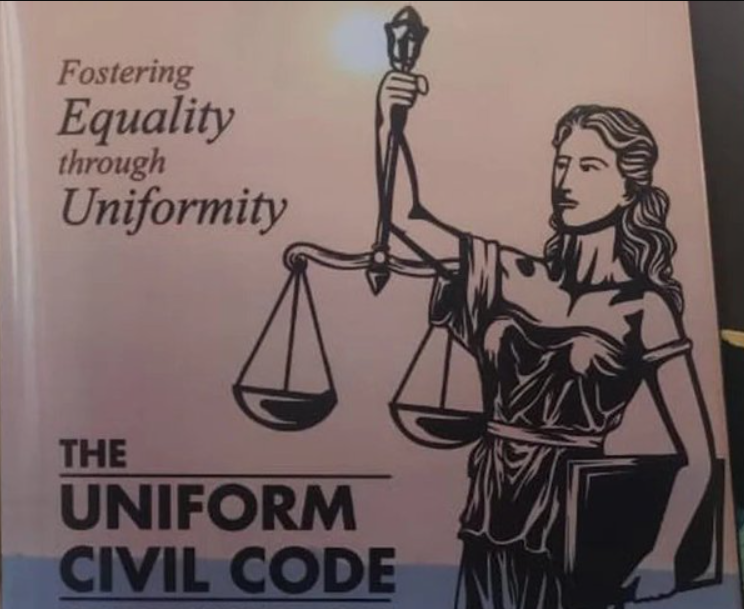
Despite its potential benefits, the UCC is a highly contentious issue in India. Opponents argue that the imposition of a uniform set of laws would infringe on the religious freedoms guaranteed by the Constitution under Article 25, which provides for the freedom to profess, practice, and propagate religion.
Many minority communities, particularly Muslims, fear that the UCC might erode their religious identity and traditions. They argue that personal laws are integral to their religious practices and should be protected as part of their cultural and religious rights.
Critics also contend that the UCC could lead to a majoritarian imposition of Hindu norms and values on other communities, undermining the secular fabric of the nation.
Additionally, some argue that India’s diversity is its strength and that personal laws are an essential aspect of this diversity. They believe that the coexistence of multiple legal systems reflects India’s pluralistic society and that any attempt to homogenize these systems could lead to social unrest and alienation among minority groups.
The Path Forward:
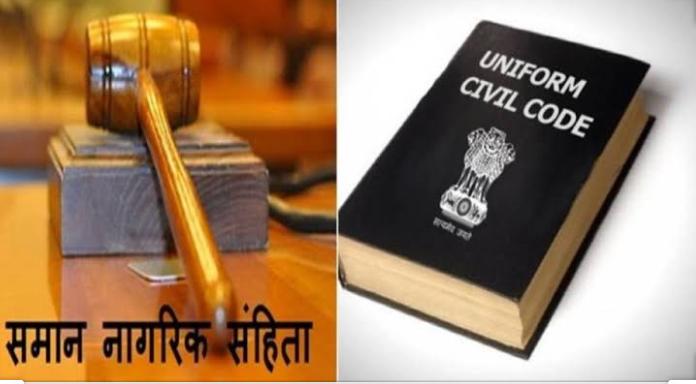
The debate over the UCC has gained renewed momentum in recent years, particularly with the rise of the Bharatiya Janata Party (BJP), which has made the UCC a key part of its political agenda.
The party and its supporters argue that the UCC is essential for achieving true secularism, where all citizens are treated equally under the law, without any preferential treatment based on religion.
However, the implementation of the UCC remains a challenging task. It requires not only legal reform but also extensive dialogue with all communities to address their concerns and ensure that the code is truly inclusive and just.
The government will need to build a broad consensus, balancing the principles of equality and secularism with the need to respect India’s rich cultural and religious diversity.
Conclusion:
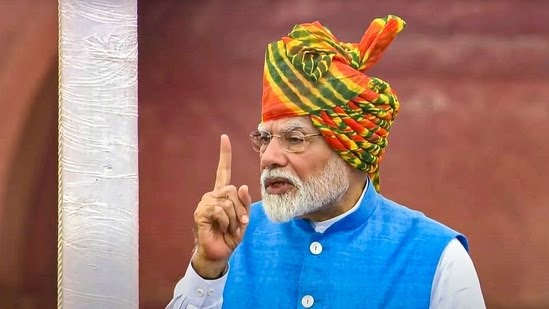
The Uniform Civil Code is one of the most debated and complex issues in Indian law and politics. While it promises to ensure equality and justice for all citizens, its implementation faces significant challenges in a diverse and pluralistic society like India.
As the nation continues to evolve, the debate over the UCC will likely remain at the forefront of discussions about the future of Indian democracy and the realization of constitutional ideals. The UCC’s potential to unify India’s legal system must be carefully weighed against the need to respect and protect the country’s cultural and religious diversity.
YOU MAY ALSO READ :- Gallantry Awards for Uttar Pradesh Police Officers Involved in Encounter Killing of Gangster Atiq Ahmad’s Son !



